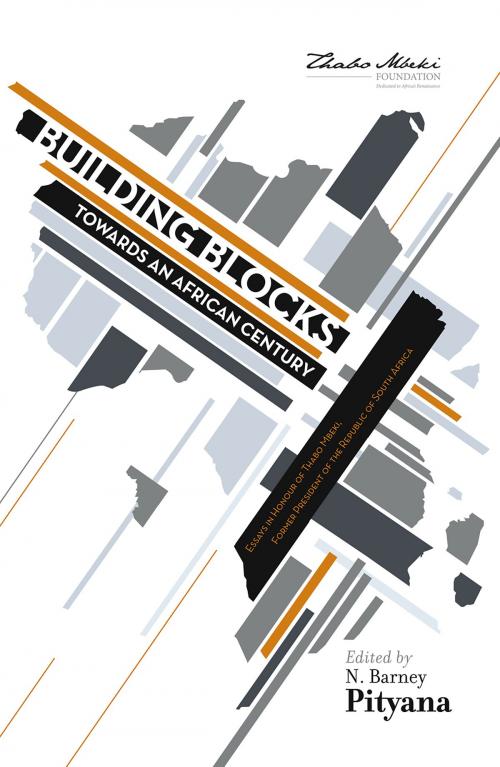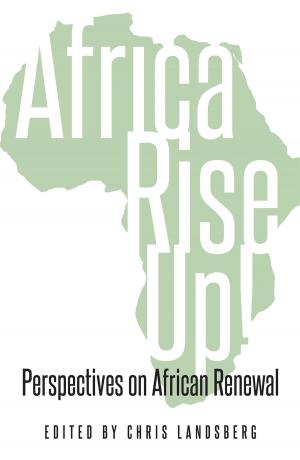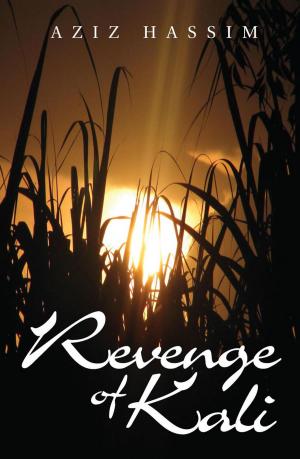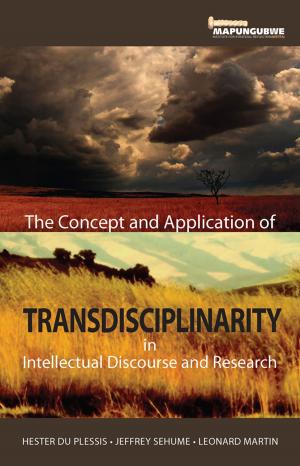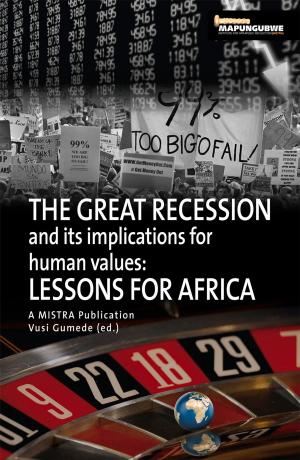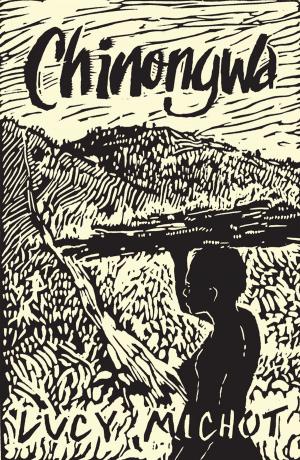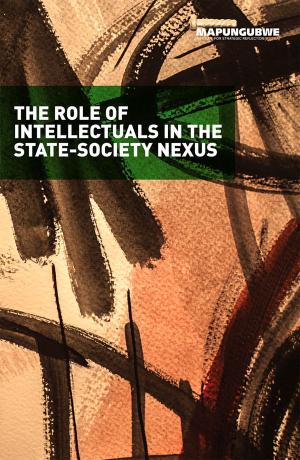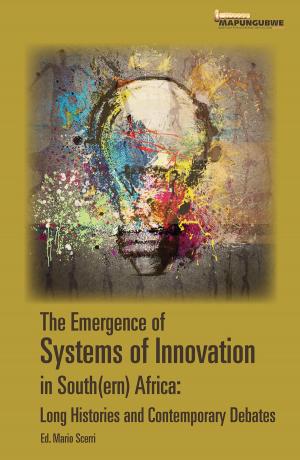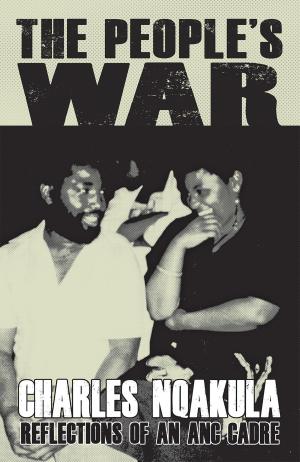Building Blocks Towards an African Century
Essays in Honour of Thabo Mbeki Former President of the Republic of South Africa
Nonfiction, Social & Cultural Studies, Political Science| Author: | Molefe Kete Asante, Elias K. Bongmba, Max X. Boqwana, Vusi Gumede, Chris Landsberg, Peter Lawrence, Carlos Lopes, Mandla S. Makhanya, Mahmood Mamdani, Anthony Mbewu, Sabelo J. Ndlovu-Gatsheni, Hellicy Ng'ambi, Catherine A. Odora Hoppers, Adebayo Olukoshi, Pedro Tabensky | ISBN: | 9781928341482 |
| Publisher: | Real African Publishers | Publication: | June 11, 2018 |
| Imprint: | Real African Publishers | Language: | English |
| Author: | Molefe Kete Asante, Elias K. Bongmba, Max X. Boqwana, Vusi Gumede, Chris Landsberg, Peter Lawrence, Carlos Lopes, Mandla S. Makhanya, Mahmood Mamdani, Anthony Mbewu, Sabelo J. Ndlovu-Gatsheni, Hellicy Ng'ambi, Catherine A. Odora Hoppers, Adebayo Olukoshi, Pedro Tabensky |
| ISBN: | 9781928341482 |
| Publisher: | Real African Publishers |
| Publication: | June 11, 2018 |
| Imprint: | Real African Publishers |
| Language: | English |
In 2012, the University of South Africa, in partnership with the Thabo Foundation, hosted African intellectuals at a colloquium themed 'Mbeki@70'. The essays presented on that day were collected and edited into this book. What is reflected in the essays goes beyond the person of Thabo Mbeki to include the identification of the problems that Africa needs to solve and ventures to answer some of the difficult questions they pose. As readers navigate through these interesting theses, they will encounter the following, among others: * a compelling introductory account of Mbeki as a statesman and intellectual, including a critical analysis of the ANC's performance under President Mbeki, its achievements, and the fault lines of South Africa's nascent democracy owing to difficult policy choices; * a thorough examination of Thabo Mbeki's contribution to intellectual engagement about Africa's past, present, and future; * an analysis of Africa's institutions: in particular, the African Union; * 'Who is an African?' is thoroughly debated and various permutations are offered as to whether that should be answered as a matter of colour or identity on the one hand, or a matter of ideas, vision, and commitment to Africa's agenda, on the other; * an analysis of the fantasy of the supremacy of the white tribes in South Africa is provided and, * an examination of the important issue of leadership as epitomised by Mbeki's vision, thinking, works, which is used to pose the quesiton: what kind of leadership is required in today's Africa to deal with her challenges? In the end, the Colloquium sought to address the matter of Afrocentricity in the process of knowledge production as a means of responding to Africa's challenges rather than positioning Africans as simply the consumers of pre-packaged information from elsewhere and not Africa.
In 2012, the University of South Africa, in partnership with the Thabo Foundation, hosted African intellectuals at a colloquium themed 'Mbeki@70'. The essays presented on that day were collected and edited into this book. What is reflected in the essays goes beyond the person of Thabo Mbeki to include the identification of the problems that Africa needs to solve and ventures to answer some of the difficult questions they pose. As readers navigate through these interesting theses, they will encounter the following, among others: * a compelling introductory account of Mbeki as a statesman and intellectual, including a critical analysis of the ANC's performance under President Mbeki, its achievements, and the fault lines of South Africa's nascent democracy owing to difficult policy choices; * a thorough examination of Thabo Mbeki's contribution to intellectual engagement about Africa's past, present, and future; * an analysis of Africa's institutions: in particular, the African Union; * 'Who is an African?' is thoroughly debated and various permutations are offered as to whether that should be answered as a matter of colour or identity on the one hand, or a matter of ideas, vision, and commitment to Africa's agenda, on the other; * an analysis of the fantasy of the supremacy of the white tribes in South Africa is provided and, * an examination of the important issue of leadership as epitomised by Mbeki's vision, thinking, works, which is used to pose the quesiton: what kind of leadership is required in today's Africa to deal with her challenges? In the end, the Colloquium sought to address the matter of Afrocentricity in the process of knowledge production as a means of responding to Africa's challenges rather than positioning Africans as simply the consumers of pre-packaged information from elsewhere and not Africa.
